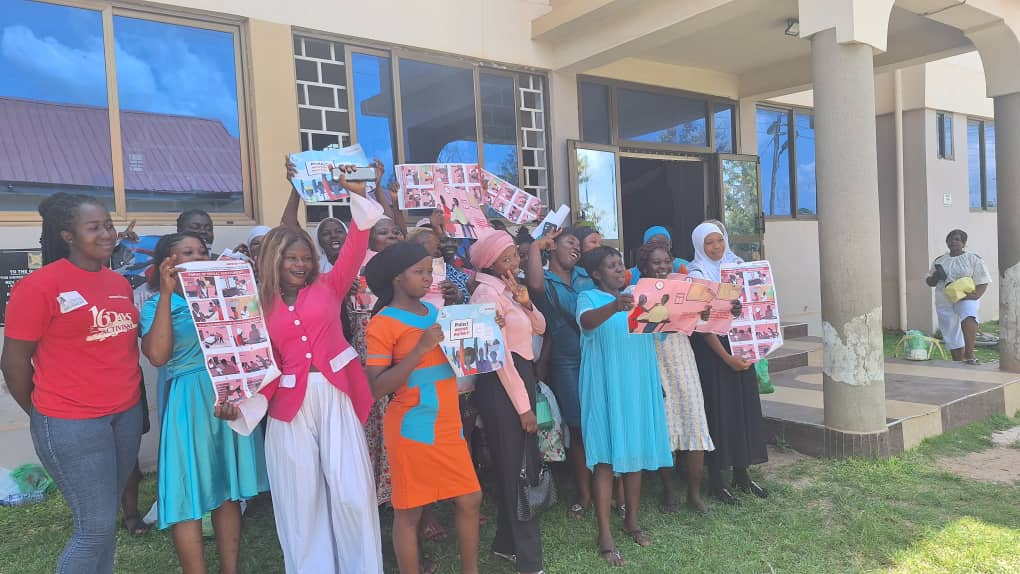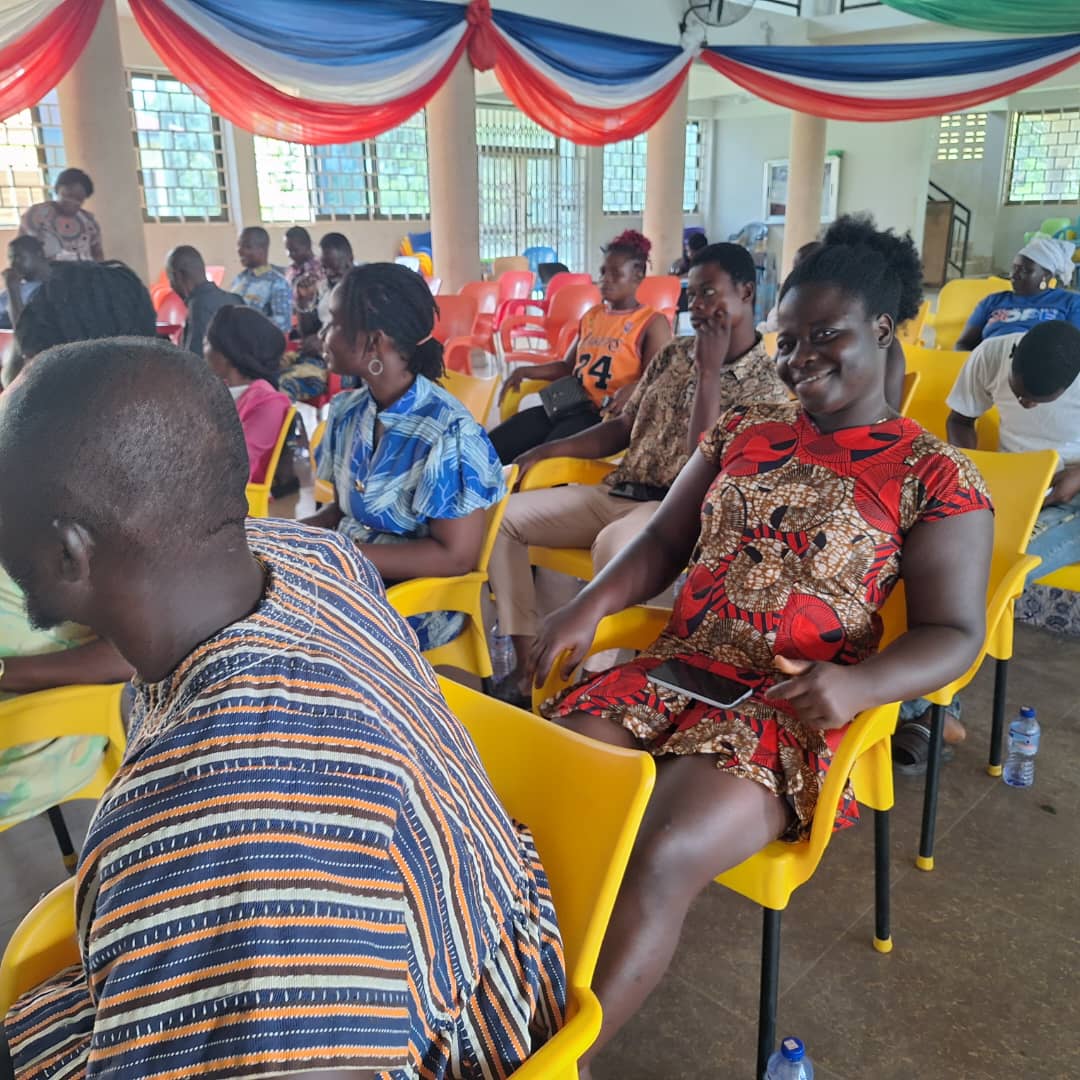On May 14, 2025, over 40 civil society leaders, researchers, and activists gathered in Accra under the leadership of ActionAid Ghana to face a growing storm—shrinking donor funding, rising public debt, and persistent financial injustice. The convening, part of the dialogue, was more than a workshop; it was a call to action.
For too long, Ghana’s development ambitions have been tethered to the inconsistent goodwill of foreign donors and multilateral institutions. That model is failing us. Not because aid is inherently bad, but because it has too often been tied to rigid, top-down requirements that ignore local realities and leave civil society organizations (CSOs) scrambling to survive rather than thrive.
As highlighted by , the stakes are rising. Donor withdrawal is not just a fiscal challenge—it’s a justice issue. It is a wake-up call to rebuild a financial system that works for Ghanaians, not against them.
The numbers are staggering: up to from Africa are —driven not by petty corruption, but by multinational corporations shifting profits out of developing nations through tax avoidance schemes. Yet, international responses continue to overemphasize corruption and underplay corporate complicity. This imbalance must change.
As researcher and economist laid bare, Ghana’s public finance crisis is not due to overspending—it’s a result of and an economic system designed to benefit the few at the expense of many. CSOs, often the lifeline of essential services and grassroots empowerment, are now paying the price for a global financial order tilted against them.
The dialogue made one thing clear: survival is not enough. CSOs must reimagine sustainability—not through austerity, but through . This means , progressive tax reform, and investment in .
Why should youth-led organizations rely on foreign donors for basic programming when Ghana can mobilize its own resources? Why must women’s groups halt critical work because of inflexible funding timelines set thousands of miles away?
It is time to rethink philanthropy—, , and grounded in . We must champion the creation of a , expand , and support embedded within CSOs.
But the private sector and CSOs alone cannot fix this. This includes:
And critically, government must , not as beneficiaries of aid, but as partners in development.
Let Ghana Lead
We are tired of watching development dictated by foreign headlines. Let Ghana set its own agenda. Let us declare boldly: if USAID can exist, why not GhanaAid—a national fund that invests in our own change-makers, innovators, and social justice movements?
The F4D Dialogue has set the tone. The next step is implementation. It is time for ActionAid Ghana, WACSI, and all participants to take this communiqué to the heart of government and demand transformation—not in rhetoric, but in resource allocation, policy direction, and power redistribution.
This is not charity. It is our right.
-End-











